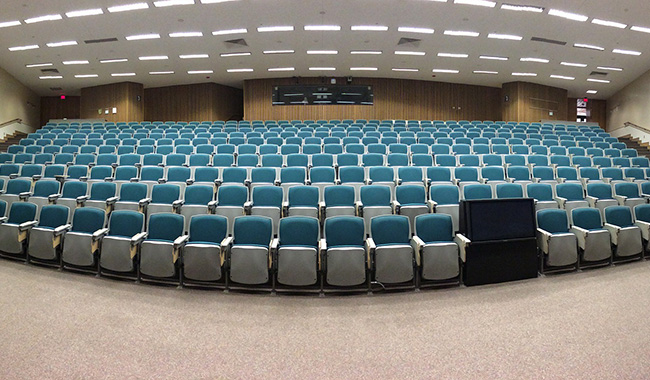What If You Held A Best Practices
Meeting… And Nobody Came?
By Bill Flury
First Meeting: A Great Idea
We were discussing how we could get started with the business of process improvement. Mickey said, “Hey! I’ve got a great idea! The Quality folks are always telling us that we should be on the lookout for better ways to do things. Let’s hold a series of Best Practices workshops and see what ideas people bring us.” We all thought it was a great idea.
We agreed that we should test the idea by each of us calling some key people in our respective centers and getting their reactions. What a surprise we got!!!!! The reaction to our calls was not anything like what we expected–but it did reveal a lot about our practices.
Reaction # 1 – “Gee, that sounds like a really great idea … but we don’t have any Best Practices.”
I’m not sure we even have anything that you could call a practice. Every job is different. Every customer is different. We have lots of thing we do, if you want to call those practices, but we just do what we think is best for each case.
Reaction # 2 – “How would you ever compare practices?
We don’t really keep track from one project to the next on what we do. We rely on the memory of our key people. It’s all in their heads and you can’t compare what you can’t see.
Reaction # 3 – “When you say Best Practices who are the practices supposed to be best for?”
So, who would we want to please with our Best Practices: (1) the customer; (2) our staff; (3) the supported and supporting systems with which our practices interface? For whom must we be best? That’s a tough question.
Looking at it another way, it’s hard to figure at what must we be best. Is the key (1) cost, (2) schedule, or (3) technical performance or (4) some combination.
Reaction # 4 – How could you ever convince everyone that one version of a practice is Best?
If we picked one practice and called it the Best, how would we ever be able to convince someone that that way is better than their way? Lots of people come up with ideas on how to do things better but nobody ever comes forward with any convincing data–just opinions–and they don’t sell.
Second Meeting: A Better Idea
After hearing the reactions, we decided that it would be premature to try to hold the proposed workshops. We had to devise some way to start to attack the problems that had been raised. We decided to take some steps to start laying the foundation for identifying and evaluating the practices of our respective centers. Here’s what we decided:
Problem # 1: — There are no standard practices–in fact there are not even any routine practices identified.
We will encourage everyone to start writing down or drawing a picture of the steps in their current practices. This is a necessary first step. It will provide the foundation for all measurements and comparisons.
Problem # 2: — There does not seem to be any basis for comparison among practices
We will ask everyone to line up all the variations of each practice and see how they are the same or different. (We think that they will find much more commonality than they expect.) We will encourage them to agree on some of the common items and start to use them in the same way on all projects. We will also start to work with them to see how they can begin to track variations in the outcomes.
Problem # 3: — We don’t seem to know how to determine best.
Instead of Best, we will start people thinking about the concept of Better. We will help them look for changes in their practices that might yield any improvements in cost, schedule or performance or might be better for the customer, the staff or associated organizations. We will help them test proposed changes and evaluate the outcomes.
Problem # 4 – How to convince people to start using practices identified as Better.
If the practices are documented and consistently followed and the outcomes tallied, we should be able to develop and present convincing data on how different ways of performing the practices affect cost, schedule, and performance and how they affect the customer, the staff, and others.
Better Practices Workshops
We will start our hunt for Better Practices with a series of workshops with staff who are working on similar projects. Over the next few months, we plan to work with these groups to address the problems in the manner we have laid out. Our hope is that we can get on the path outlined in the old poem: Good, Better, Best: Never Let it Rest: ‘Til the Good is Better; and the Better, Best.
How has your organization kept track of its Best Practices? Let us know!
 Full Course: Developing High‐Performing Teams (1 day)
Full Course: Developing High‐Performing Teams (1 day)
Full Course: Effective Facilitation Skills / Leading Productive Meetings (1 day)
Click here for our full list of available courses!
Meeting… And Nobody Came?





